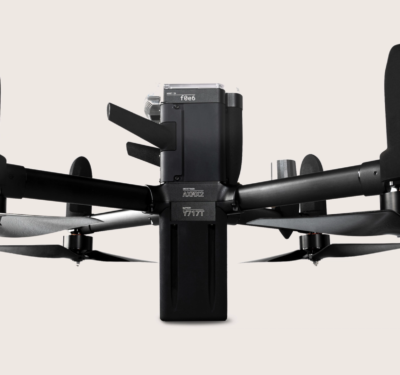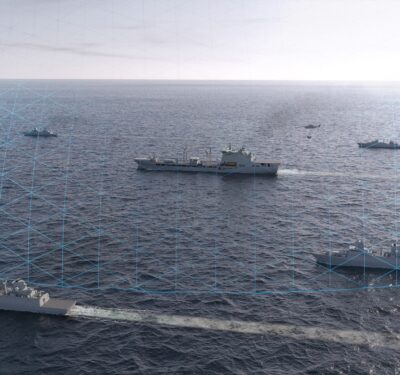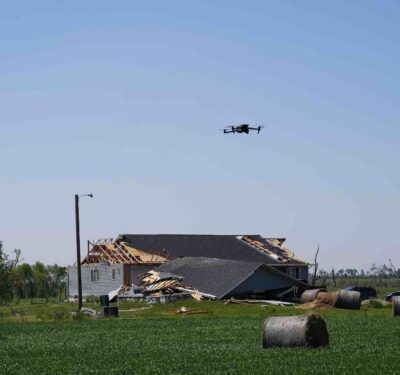Plymouth Rock Technologies Inc., a leader in developing detection apparatus and unmanned technologies, is pleased to announce the sale of custom drones and training services to Cranfield University in collaboration with the UK Civil Aviation Authority (CAA) National Beyond Visual Line of Sight Experimentation Corridor (NBEC).
The goal of the NBEC is to provide a safe, managed environment to test and develop concepts, principles, and the related technologies to enable flying unmanned aircraft systems beyond visual line of sight (BVLOS) in non-segregated airspace.
“From the outset, the differentiator of the PRT UAS operation was to create a product portfolio designed and engineered for autonomous and BVLOS flight as the primary function, while having a fully manual piloting capability as a secondary function” stated Ben Pickard, VP of UAS Development at PRT. “Our UAS platforms are currently being used in demanding BVLOS missions with critical value humanitarian and civilian missions which include the UN, Oil & Gas and Environmental agencies. We are honored to be supplying products and services into this program and further to share any data from operational deployments that will assist not only the CAA in the UK, but also the FAA in the United States” concluded Pickard.
“Being chosen by Cranfield University to be the supplier of UAS and training services for this globally recognized program is a positive endorsement of the Company and its products,” stated Carl Cagliarini, Chief Strategy Officer of PRT. “The requirement for Unmanned Traffic Management (UTM) capabilities to ensure flight safety systems, electronic redundancy and constant communication must be rigorously tested if drone technologies are ever to be deployed over urban environments for commercial operations. This program takes our proven technologies to a higher level by assessing UAS capabilities towards the goal of introducing drones into non- segregated airspace. This will require drones to sense, communicate and work with manned aircraft across general aviation and military operations” concluded Cagliarini.






